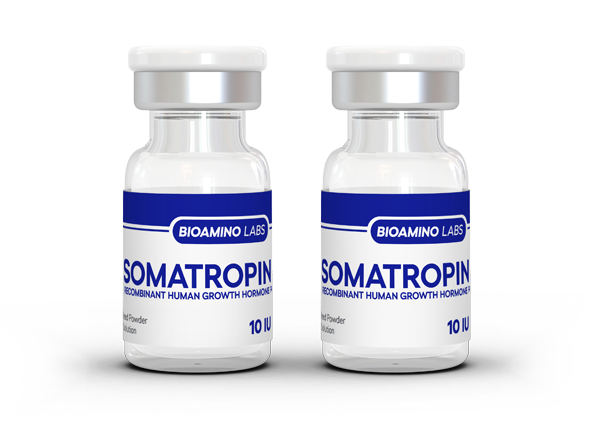
Compounding pharmacies work to create human growth hormone supplier products which are specifically designed to fit the unique needs of each patient. They specialise in preparing and dispensing bespoke pharmaceutical products to patients who cannot or do not want to (for whatever reason) take standard, mass produced medication. Many consumers are turning to these pharmacies because they have previously had problems with standard prescription drugs.
Because the compounded prescription medications that they sell are different from those that are already available on the rest of the market, some consumers may be worried about whether or not using a compounding pharmacy is safe. However, the US Food and Drug Administration (FDA) have stated that compounding is perfectly legal and ethical so long as the pharmacy is fully licensed and the pharmacist who carried out the compounding is also fully trained and licensed.
Because of the potential health implications associated with all medicinal drugs, compounding pharmaceuticals is a heavily regulated business, and the FDA and individual state boards of pharmacy have introduced strict guidelines to help ensure that customers and patients using these compounding pharmacies should remain safe. All bulk drug substances that are used in these types of pharmacies should be on an approved-list of substances that it is legal and safe to compound with. Any previously marketed substances which have been proven to be ineffective or unsafe do not make the approved-list of substances suitable for compounding. Pharmacists are not supposed to compound with any substance that is not on the approved-list. Although many states do not require practices to report any newly discovered side-effects associated with compounded drugs, ethical pharmacies will voluntarily report them.
The compounding pharmacy itself is also subject to strict guidelines, as well as the substances that they compound with. The pharmacy must meet high quality control standards and each individual laboratory must meet strict facility guidelines, to ensure safety and consistency in each batch of drugs produced. Pharmacies in America are regulated by individual “state boards of pharmacy”, and therefore each state has slightly different sets of regulations. It is possible to check with the board of pharmacy in your state if you are still unsure. Inspectors from the state board will carry out regular checks on licensed pharmacies and random sampling checks may be carried out on batches of drugs that are being dispensed to check the safety and potency.
Pharmacists who practice in compounding pharmacies are heavily regulated as well. They must be fully trained and licensed in order to dispense medicine that they have compounded, so that they are able to fully understand the drugs that they are making.
If you still have doubts, you can contact your chosen pharmacy and they will be able to explain the standards, testing and quality control exercises that are used by their practice in order to ensure the safety of their customers. If you are in any doubt, you do not have to use that pharmacy. Remember that it is the interest of pharmacies to ensure that their products are safe, legal, ethical and effective.